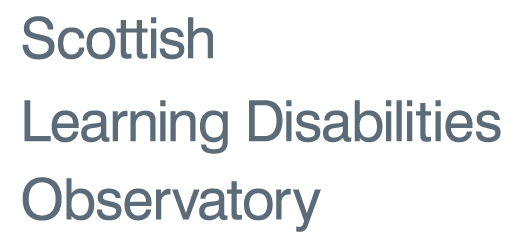Understanding the capabilities, opportunities and motivations for walking

Background
The physical activity levels of adults with learning disabilities are low. Physical activity includes all movement that increases energy expenditure and is associated with physical and mental health benefits. Walking is a form of physical activity that is considered to be accessible because it is free, does not require equipment, and can be done at lower intensities. Previous walking interventions with adults with learning disabilities have not been successful, with a range of influences reducing ability to increase walking. Understanding this behaviour fully will be aided by a theoretical framework which can be used to inform interventions. One theoretical framework, called the “COM-B” model, can be applied to different populations and behaviours, such as walking for adults with learning disabilities.
What we will do
The project has two phases with separate aims:
- Apply the COM-B model to walking for physical activity for adults with mild to moderate learning disabilities to get a full understanding of experiences, capabilities (C), opportunities (O), and motivations for walking (B)
- Use the findings to develop a theory informed intervention that will increase walking among adults with mild to moderate learning disabilities.
Phase one has recently been completed and used a mixed methods qualitative study to apply the COM-B to walking. Visual methods were used to help facilitate discussions around experiences of walking, capabilities, opportunities, and motivations. Data collection methods included interviews, and a focus group discussion. The results were also discussed with people with lived experiences of having learning disabilities to finalise the key findings.
Phase two is on-going and used the findings of phase one to develop an initial iteration of a walking intervention. Phase two is a mixed-methods feasibility study to help inform the development of a larger group-based walking intervention for with adults with learning disabilities. The methods will also help involve people with lived experiences in the intervention development to ensure it reflects the needs, wants and abilities of people with learning disabilities.
This study is in collaboration with University of Edinburgh, and Values into Action Scotland (VIAS). VIAS is a non-profit organisation for people with learning disabilities, and are involved to ensure all aspects of the study reflects the needs, wants and abilities of people with learning disabilities.
If you have any questions about this work, please contact Sophie Westrop.
Last updated 7th November 2023.
